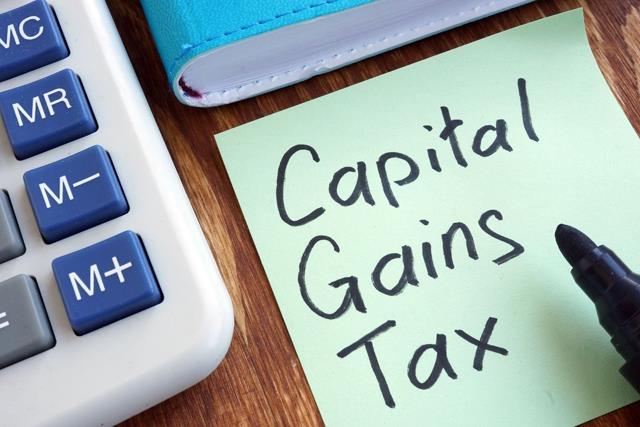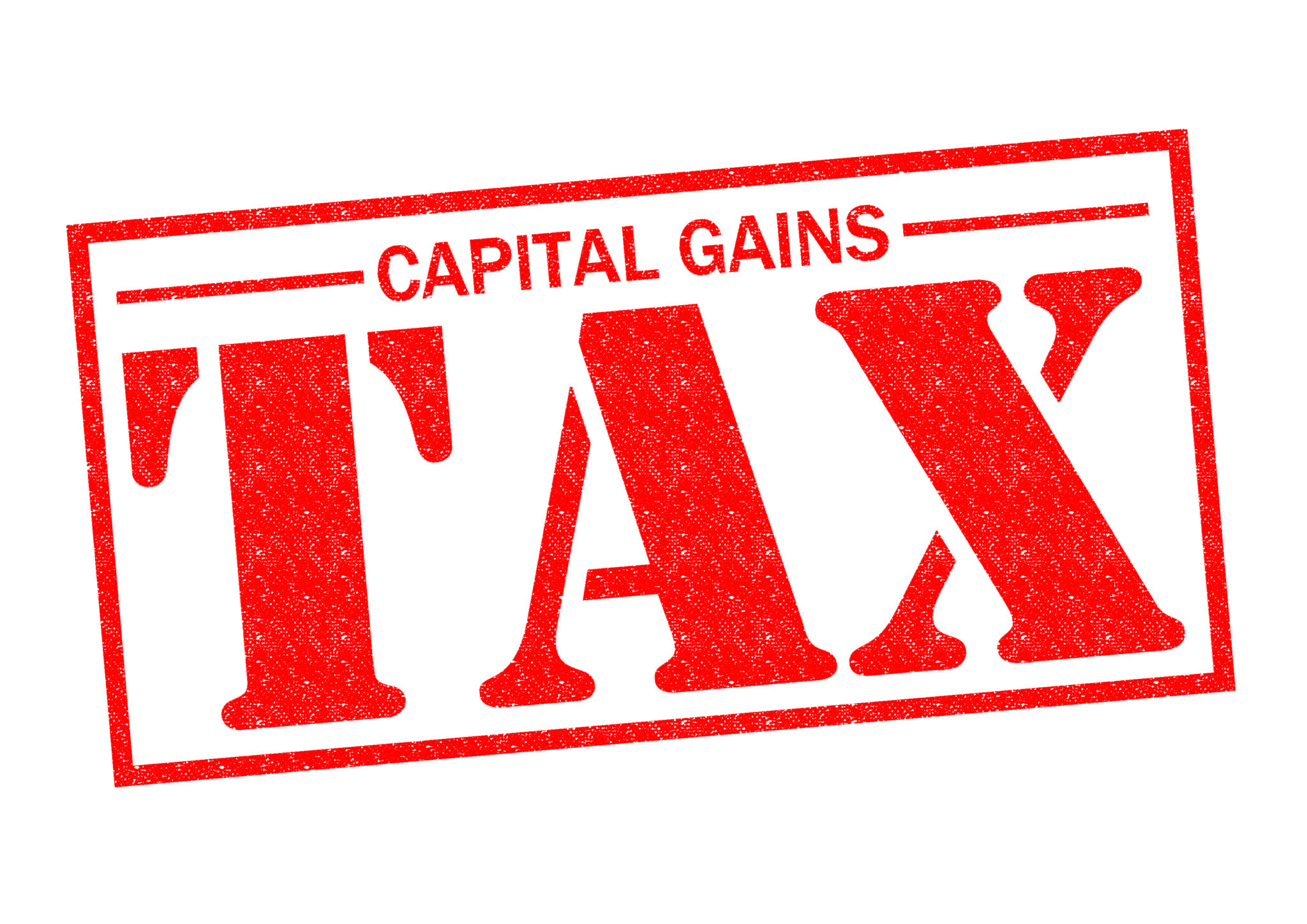
Capital Gains Tax (CGT) in Kenya
What is Capital Gains Tax?
Capital Gains Tax (CGT) is a tax levied on the gain that arises when an individual or a company sells or transfers property, such as land, buildings, and securities not listed on the stock exchange, all located in Kenya, regardless of whether the property was acquired before or after January 1, 2015.
CGT is charged at a rate of 15% on the net gains, and it is a final tax, meaning the tax is not subject to further taxation.
What is the Tax Point for Capital Gains Tax?
The tax point for Capital Gains Tax (CGT) in Kenya is the date of transfer of the property. This refers to the date when ownership of the property legally passes from the seller to the buyer. The seller (transferor) of the property is responsible for paying the Capital Gains Tax (CGT).

How do you compute the Capital Gains Tax?
Net Gain = Transfer value -Adjusted cost
Let’s say you’ve sold a parcel of land or plan to transfer some shares. To compute the capital gains tax payable:
Determine the selling price (Transfer Value): This is the price at which you sold or transferred the property less all allowable costs incurred to sell the property – for example, costs incurred in the valuation of the property, legal fees, and advertisements to find a buyer.
Determine the Acquisition Cost:This is the price you paid to buy the property originally. It also includes any costs related to the acquisition transaction, such as legal fees, stamp duty, and registration fees.
Calculate the Gain: Subtract the acquisition cost from the transfer value and subject the gain to the 15% CGT rate.
Transfer occurs in the following instances:

1.If property is sold, exchanged, conveyed or otherwise disposed of in any manner (including by way of gift), whether or not for consideration;
2.When the loss, destruction, or extinction of property whether or not a sum by way of compensation is received in respect of the loss, destruction, or extinction unless that sum is utilized to reinstate the property in essentially the same form and in the same place within one year or within a longer period of the time approved by the Commissioner;
3.On the abandonment, surrender, cancellation, or forfeiture of, or the expiration of substantially all rights to property, including the surrender of shares or debentures on the dissolution of a company.
How do you determine the transfer value or selling prices for computing CGT?
1.Amount received for transferring the property; Sums received in return for the abandonment, forfeiture, or surrender of the property.
2.Amount received for the use of exploitation of the property such as rent.
3.Compensation received for damage, injury to the property, or for the loss of the property
4.Insurance policy reimbursement in respect of injury, loss, or damage to the property.
Exemptions to Capital Gains Tax?
Income that is taxed elsewhere as in the case of property dealers
Issuance by a company of its own shares and debentures
Transfer of property for the purpose only of securing a debt or a loan
Transfer by a creditor for the purpose only of returning property used as security for a debt or a loan
Transfer by a personal representative of any property to a person as beneficiary during the administration of the estate of a deceased person.
Transfer of assets between spouses;
Transfer of assets between former spouses as part of a divorce settlement or a bona fide separation agreement;
Transfer of assets to immediate family;
To a company where spouses or a spouse and immediate family hold 100% shareholding;
A private residence if the individual owner has occupied the residence continuously for the three-year period immediately prior to the transfer concerned
Transfer of property because of internal restructuring within a group which has existed for at least 24 months, and which does not involve a transfer of property to a third party.

How does a Taxpayer pay for Capital Gains Tax?
Capital Gains Tax is due on or before the date of the transfer of the property but NOT later than the 20th day of the transfer. A Taxpayer can initiate payment online on iTax via https://itax.kra.go.ke/KRA-Portal/ to obtain a payment slip, then present it at any KRA-appointed bank with the due tax to complete payment.It’s important to note that the payment slip expires within 30 days.

Navigating Capital Gains Tax can be complex, but you don’t have to do it alone. For professional advice or assistance in managing your tax obligations, contact us at info@johndaniel.co.ke or call +254 722 817 818. Let our experienced team help you stay compliant and maximize your gains.







